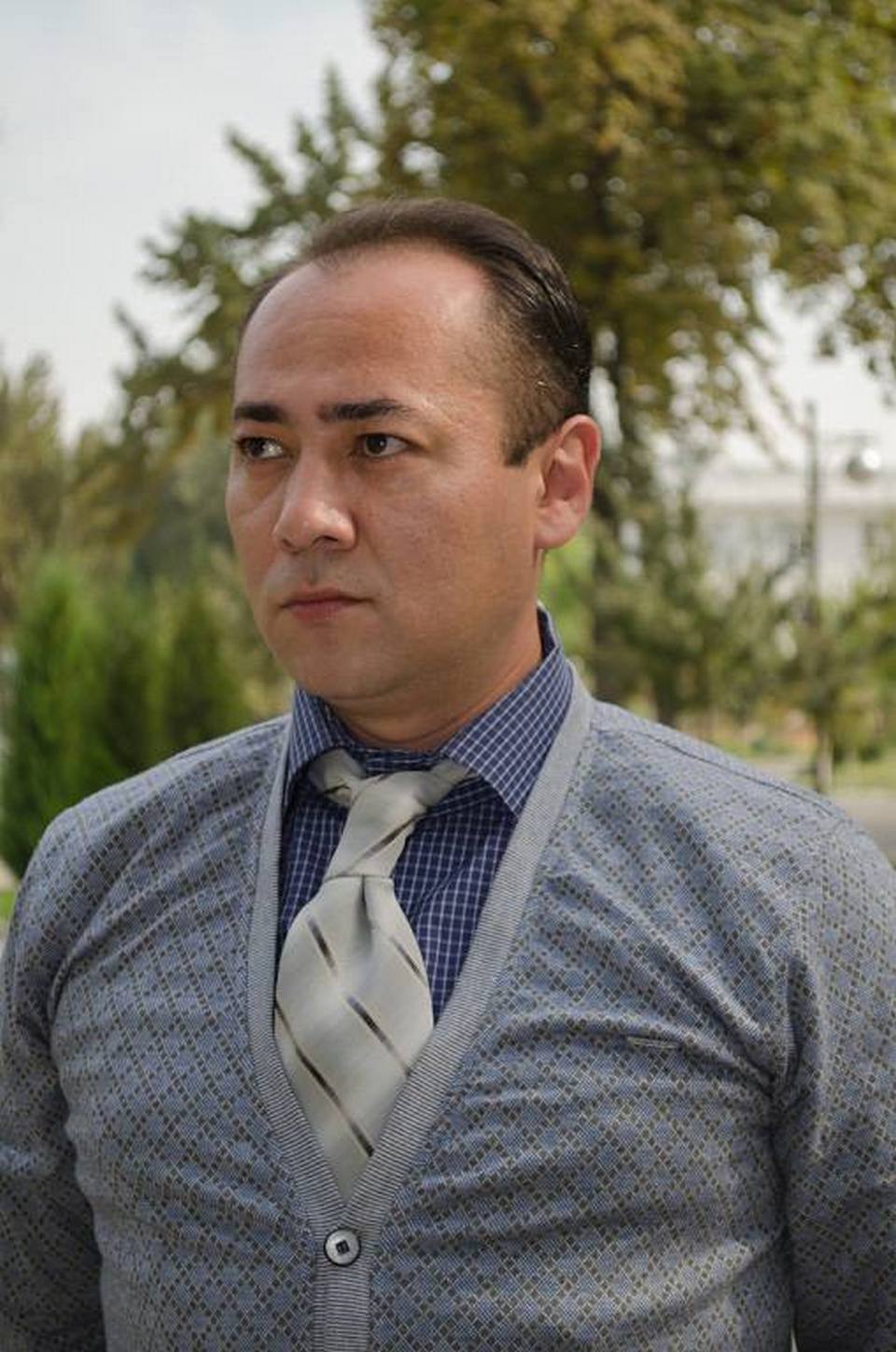Interview with Aziz Nabukhanov, CEO of “AgroTV”, Uzbekistan.
From a Childhood Surrounded by Science to a Career in Agriculture
— Aziz, when were you born and what did your parents do?
I was born on April 19, 1978, in Tashkent. My parents were scientists. My grandfather and uncle worked at the Department of Biology at Tashkent State University. That’s where my parents met. My father chose ichthyology, while my mother specialized in zoology and parasitology.
As a result, I spent my childhood and summer vacations either at fish farms or in the fields. By the age of 6-7, I was well-versed in fish species and knew a lot about beneficial insects, pheromone traps, braconids, trichograms, etc.
This inspired me to pursue a career in agriculture.
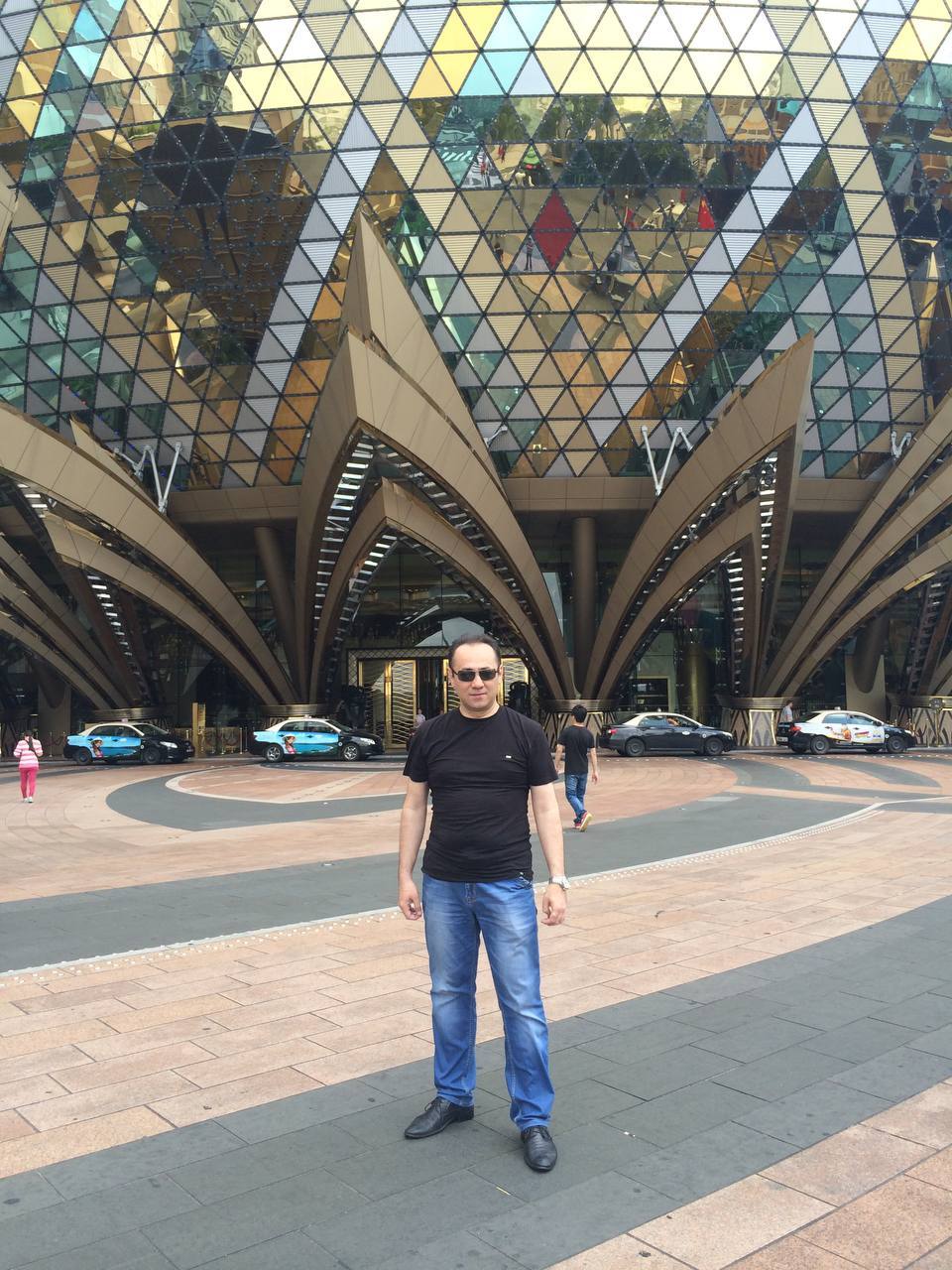
— Do you have any siblings?
Yes, I have two older sisters. The eldest also graduated from the Faculty of Biology at Tashkent State University, and the middle sister graduated from Tashkent State Pedagogical University. The eldest sister was born in 1971, and the middle sister in 1975.
Balancing a Love for Biology and a Growing Interest in Technology
— What were your school years like?
My school years were wonderful. For me, the learning process was not difficult because I came from a scientific family and easily grasped the knowledge taught to me.
As I mentioned earlier, I spent my vacations either in the fields or at fish farms, which was interesting. Since I was doing well academically and getting good grades, I was invited to appear on a state television program in the fourth grade.
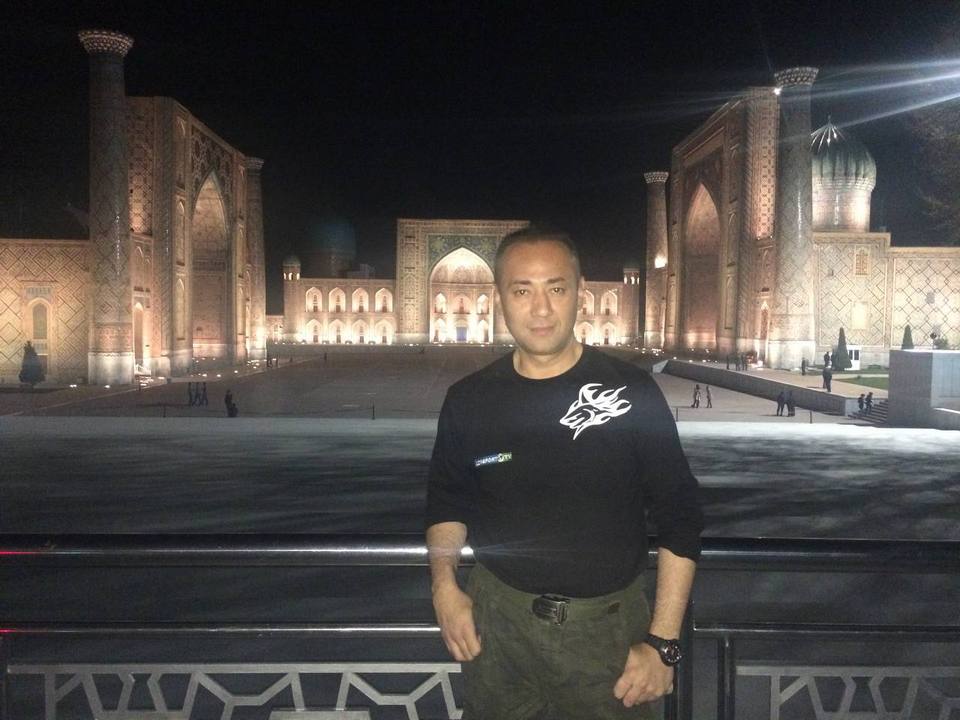
I still remember that moment vividly when I first entered the building of the national television and radio company. It felt like a scene from the animated film “Nu, pogodi!” where the wolf walks around the TV center. I believe that moment determined my future. I still vividly remember that day and the emotions associated with it.
— What subjects did you enjoy the most and what were your inclinations?
My favorite subjects were natural science in elementary school, biology, anatomy, and geography. I also loved astronomy. I was given a telescope as a child and enjoyed observing the stars and studying constellations at night.
On the other hand, exact subjects like mathematics, physics, and physical education were not my strong suits.
— Did you attend any clubs?
Yes, I attended an information technology club. During my school years, computerization was becoming popular, and the first personal computers appeared.
I became fascinated with computers and enjoyed spending time at the club, even staying after hours to study the first computer programs. This sparked my interest in information technology.
— Did biology take a secondary role then?
I lived and breathed biology. Everything around me was related to biology. At home, I read books by Jules Verne, for example. My life was surrounded by biology, while simultaneously, I was interested in information technology and computers.
From Agroeconomics to a Career in Television Editing
— When it was time to choose a university, what did you decide, and what would you have chosen?
I was absolutely certain that I would apply to an agricultural university. Indeed, I enrolled in the field of agroeconomics.
Later, in my third year of university, I was invited to appear on television again. There, I met new people and saw BFE Siemens and Sony Edistation ES-7 computers with huge processors. They told me they were looking for young people with computer skills for video editing.
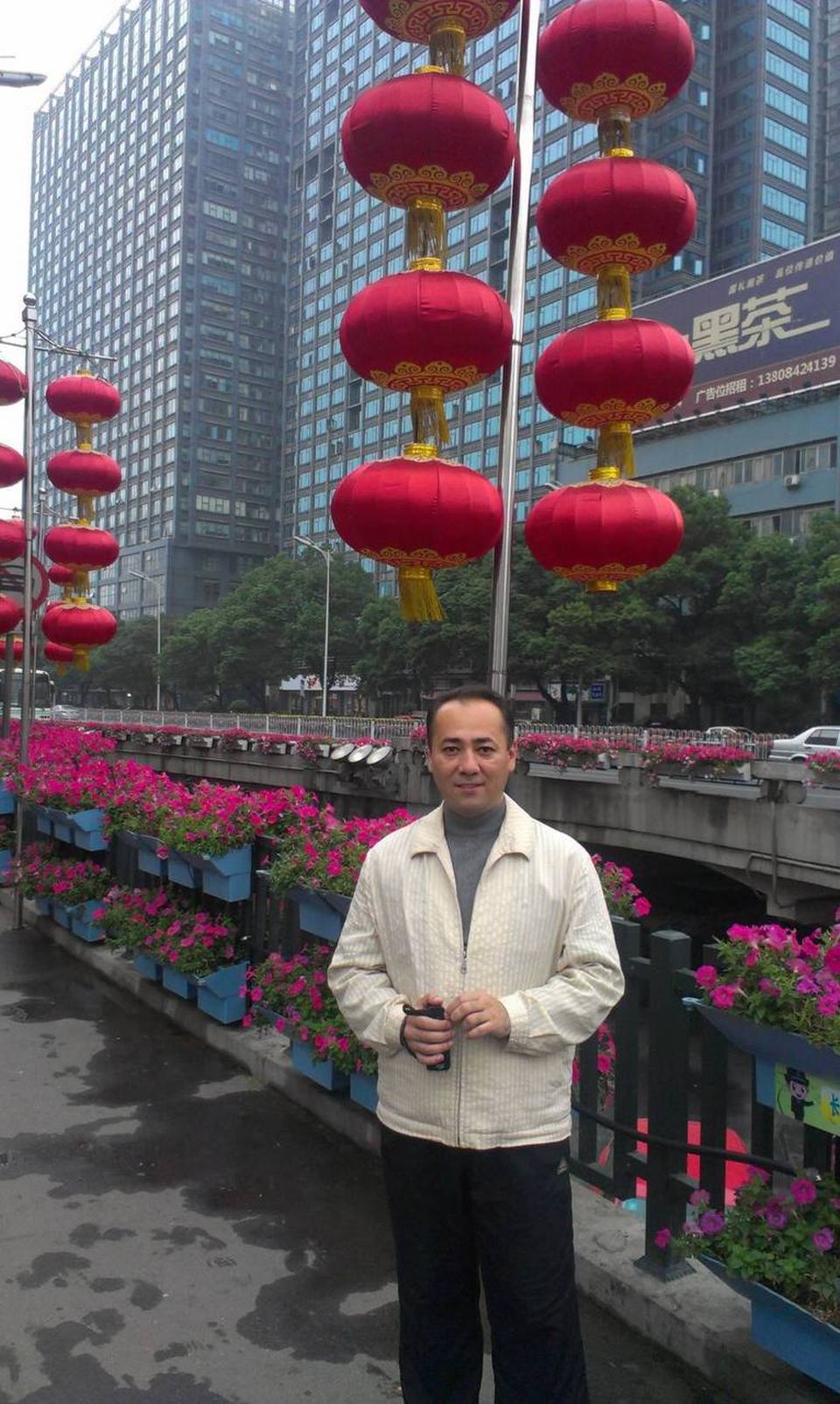
I was invited to join them, and I ended up transferring to part-time studies while working on TV. In 1998, I became an editor at the state television and radio company.
— Was this a shock for your parents?
It was news to them because they thought I would pursue a scientific career. However, they had noticed my interest in computers. As long as my studies did not interfere with my work, they accepted it.
Institute of Broadcasting and Information Tun Abdul Razak
— But you did complete your university studies, right?
Yes, I graduated and received my diploma. Then, I got an offer from the Malaysian Tun Abdul Razak Broadcasting Institute to study TV Broadcasting/Producing. I submitted my documents and successfully enrolled in the institute, which became my second higher education.
My first degree was in agriculture, and my second was in television management.
— Where is this institute located? Did you study remotely?
It is located in Kuala Lumpur, Malaysia. I studied remotely for almost two years and then spent six months there to complete my studies, pass the exams, and receive my diploma. This was at the end of 2001. They offered me a job, but as the only son in my family, I could not leave my relatives behind.
I didn’t have a desire to stay in Malaysia. I was already working at the national television and radio company. I returned to Tashkent and continued my work. At the age of 22, I became the head of the video editing department at the “Davr” (Time) editorial office.
— In what language did you study in Malaysia?
In English, which I learned at school.
— Tell us about your education at the Malaysian university.
Honestly, I didn’t discover anything new there. The practices we were already using in Uzbekistan were the same there. When the classes began, everyone was surprised at how much I already knew. They asked where I learned all this. I shared information about our company and the technologies we used, providing English examples. Even during my thesis defense, there were no questions.
— What was your thesis topic?
Managing specialized TV channels.
UzReporTV
— How did your career develop from there?
My career remained stable. I never aimed to climb the career ladder. What I did brought me immense joy, as I felt like a fish in water. From the moment I started working in television, I was so proud that I would make everyone at home watch the credits and say, “Look, I wrote that.”
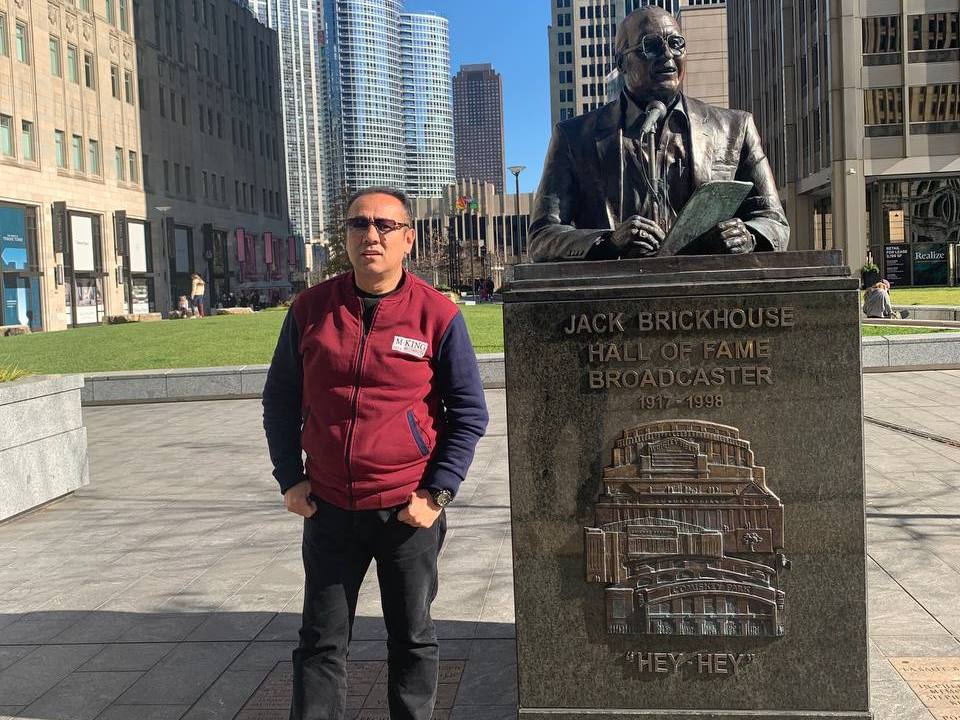
A significant period began with the reforms in the television sector under our new president. You might know that Tashkent is considered the birthplace of television. In 1928, under the leadership of Boris Grabovsky, the first video signal was transmitted, showing a moving tram. This event marked Tashkent as the birthplace of television. It was an honor for me to work in this city and in this field.
Although I enjoyed my work, I had no aspirations to become a manager. However, with the new president, major media reforms took place, allowing for the creation of private TV channels. In 2009, I was invited to participate in launching the private specialized channel UzReporTV. It was one of the first economic news channels. I left state television to join this private channel.
History of Uzbekistan
— What position did you hold at the new channel?
I joined as the chief director. Then, in 2019, the president signed a decree to create a new channel, “History of Uzbekistan.” I was invited to state television to help launch this channel.
I was also the chief director there. However, I had long dreamed of combining my two passions: agriculture and television. So, I created a channel focused on agriculture. I worked as the chief director of “History of Uzbekistan” for three years. Then, an opportunity arose to apply for a license to open a new private channel, and we successfully founded “AgroTV.”

Uzbekistan is not only known for its historical landmarks but also for its dynamic agricultural development. The 2020-2030 agricultural development strategy significantly boosted agriculture, emphasizing the integration of science and innovation. Our channel successfully attracted viewers, supported by various governmental agricultural agencies and committees. We are now working on expanding the channel.
— Television is expensive. How did you manage to fund it?
That’s a great question. We faced financial difficulties but tried to minimize costs. Fortunately, technological advancements have made television equipment more affordable.
In 2018, Uzbekistan completely switched from analog to digital broadcasting, reducing equipment costs.
— Did you build your own technological complex and produce your content?
Yes, we built our own technological complex and produce all our broadcasts ourselves.
— When did you receive your license?
We officially launched the channel in December 2022, starting with test broadcasts.
— How long did it take to prepare before the launch?
Having previous experience launching a TV channel in 2009 as the chief director of UzReporTV, I knew the structure and process, which made our work easier. It took about 5-6 months to set up the broadcast equipment.
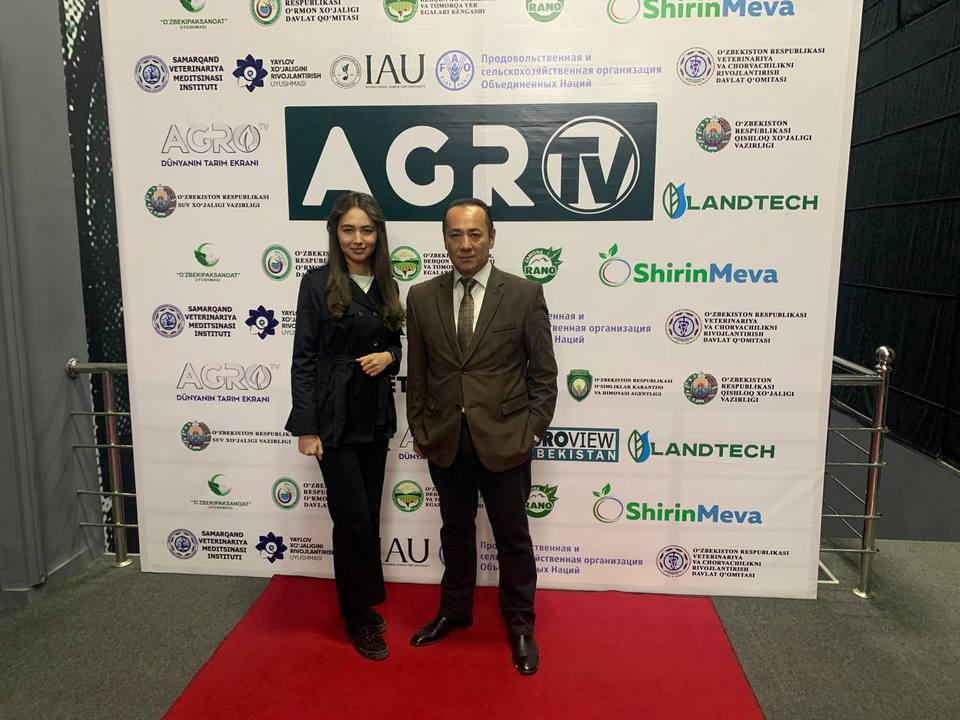
We still have a lot of work ahead to fully implement our concept. The Ministry of Agriculture and other state organizations support us. They have their own media centers, and we have partnered with them to produce content together, which eases our workload. For example, the Plant Quarantine and Protection Agency and the Ministry of Agriculture have their own media centers.
I studied similar channels like Euronews, CNN, and CNBC. In early 2023, I visited the US to study Fox32’s operations. We developed a new broadcast schedule based on international examples to effectively deliver information to our audience.
— What was the most challenging part of starting the channel?
It was very difficult. However, many friends helped me during the project’s inception and continued to work with me. Obtaining the license was particularly challenging.
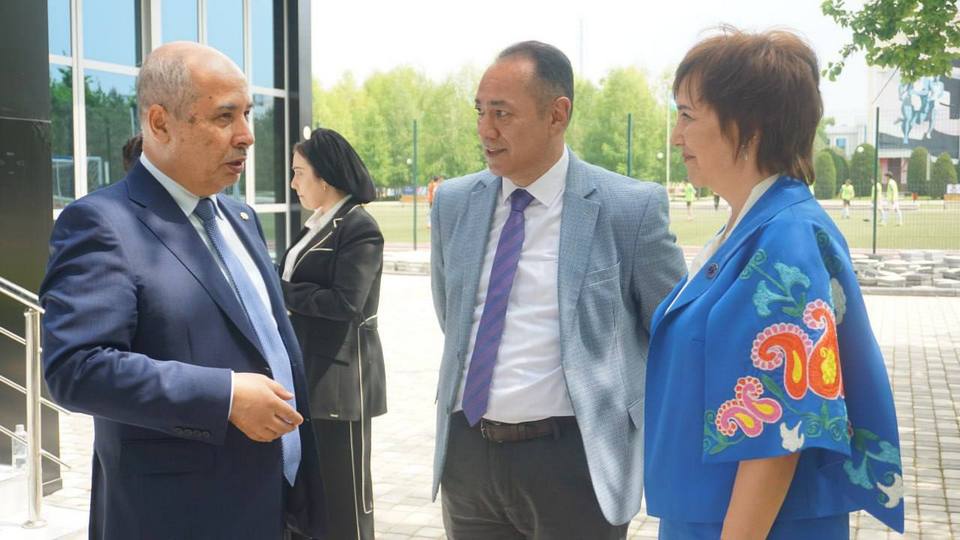
In our free time, we worked on the project at night, watching online tutorials and discussing new technologies. The rapid changes in television technology motivated us to constantly improve.
— Who was the technical director?
My good friend, Iskandar Salikhov, who works at the state television and radio company, helped me significantly. He is very knowledgeable about television technologies. I am grateful to everyone who supported me.
— What is your company like now? How many hours of broadcast do you produce weekly?
Our broadcasting schedule is as follows: from Monday to Friday, we air specialized programs covering various agricultural topics, from soil preparation to food product delivery and processing. We broadcast 24 hours a day, with about 24-25% of the content being original. On weekends, we air lighter programs for different age groups, including cartoons about nature produced in Uzbekistan. We also repeat programs during nighttime.
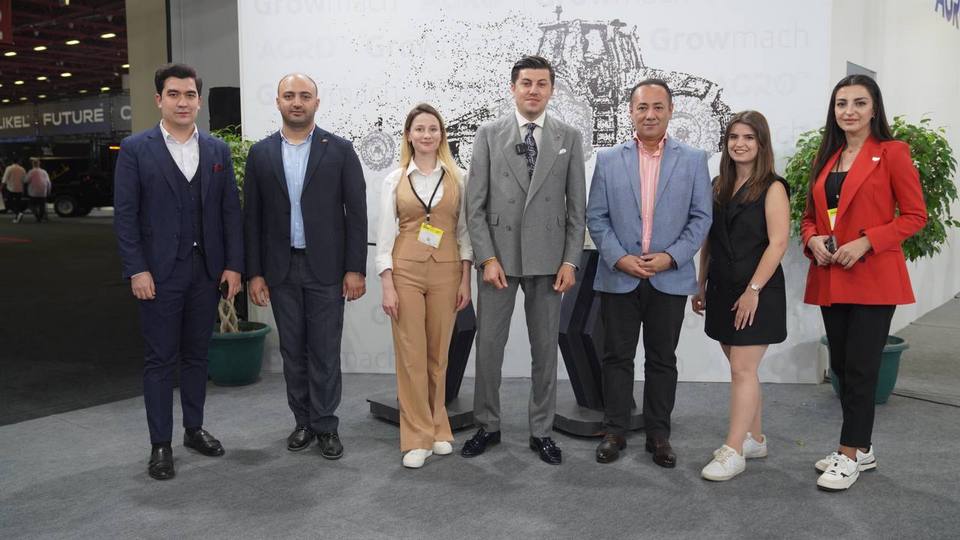
— Is most of your content produced in Uzbekistan?
We have established partnerships with many agricultural-themed channels in Turkey, Azerbaijan, Romania, Moldova, Belarus, France, and England, among others. We exchange content and expertise, allowing us to share international agricultural experiences with our audience.
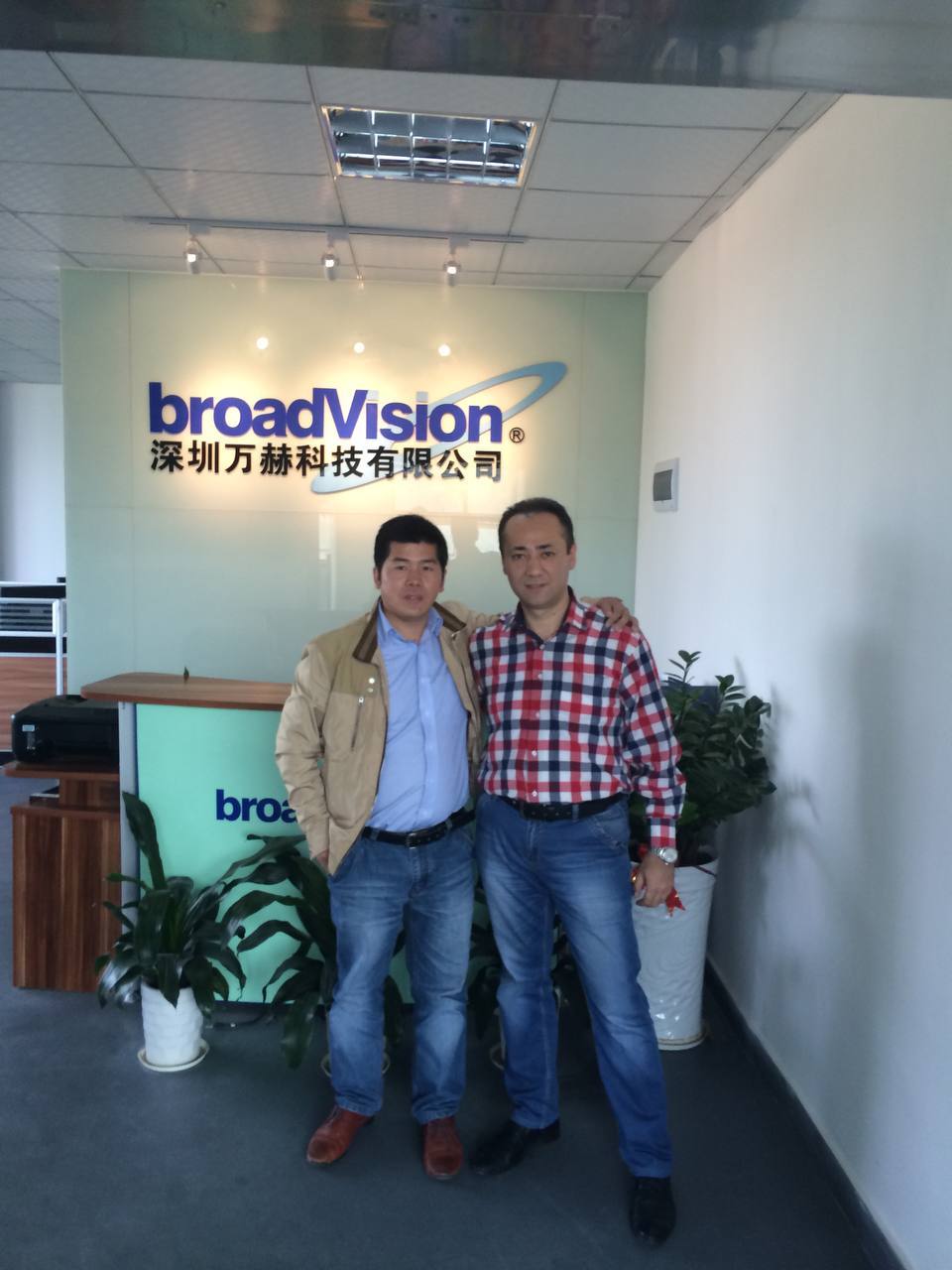
We plan to organize an agro-business forum in Tashkent in September or October 2024 to provide a platform for investors, founders, and government resources to explore Uzbekistan’s agricultural opportunities.
— Do you stream your content on YouTube?
Yes, we are technically ready for streaming. Our team is finalizing the authorization process, and we expect to start online streaming in a few weeks, following international channels like Euronews and CNBC. I believe the future lies in integrating television and the internet.
— How many people are on your staff?
Including regional correspondents, we have a small team of about 24 people. We also work with freelance journalists due to the specialized nature of agricultural journalism. We plan to train new journalists through partnerships with institutes and create a school for agricultural journalism.
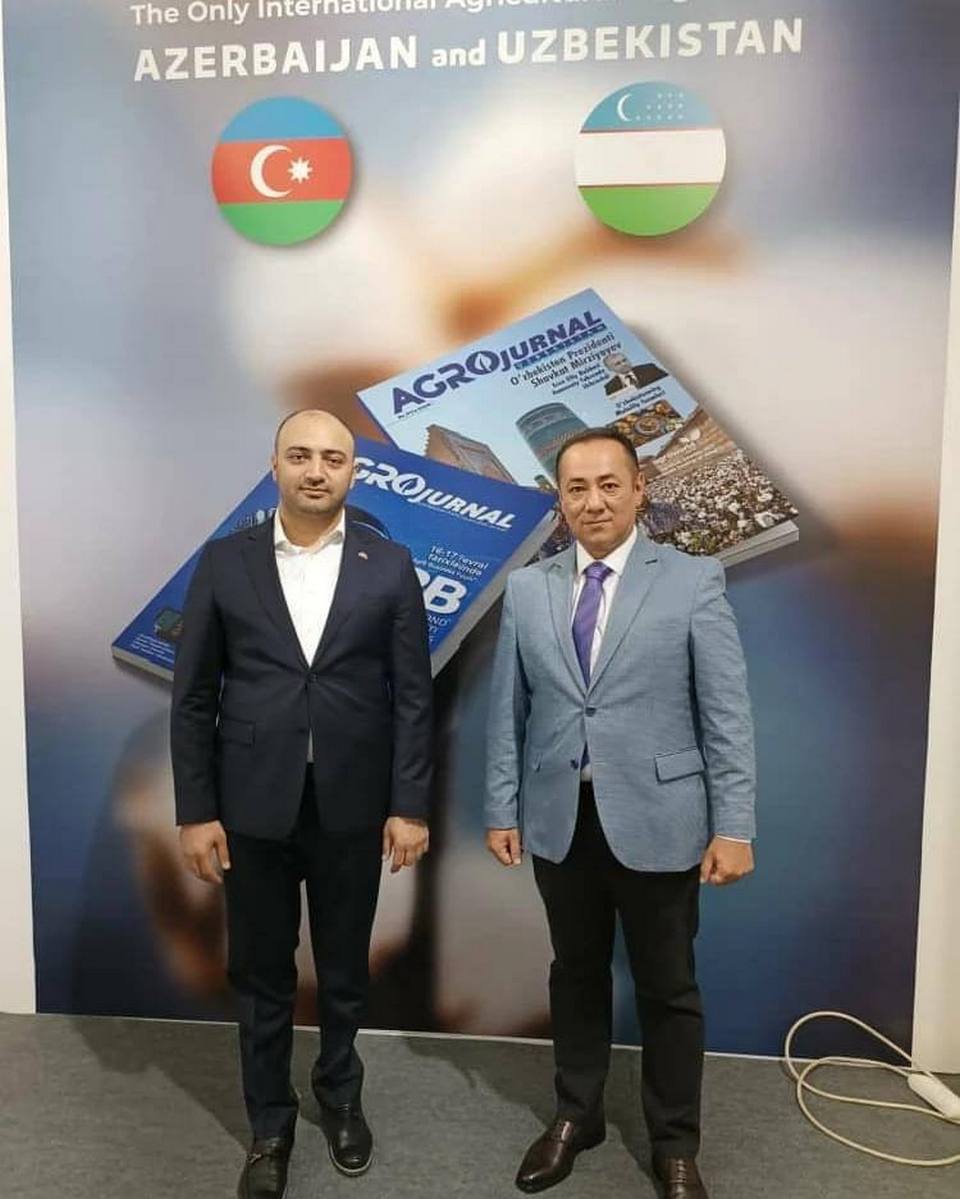
— What type of broadcasting do you use?
We use cable and terrestrial broadcasting. We have applied for a license for public broadcasting. We also plan to start satellite broadcasting with AzerSat and Yamal-90 to reach Uzbek diasporas and potential investors worldwide.
— What do you consider your greatest professional achievement?
My greatest achievement is contributing to the development of the media space in Uzbekistan. As the birthplace of television, Tashkent has a rich history in this field, and I am honored to be part of it.
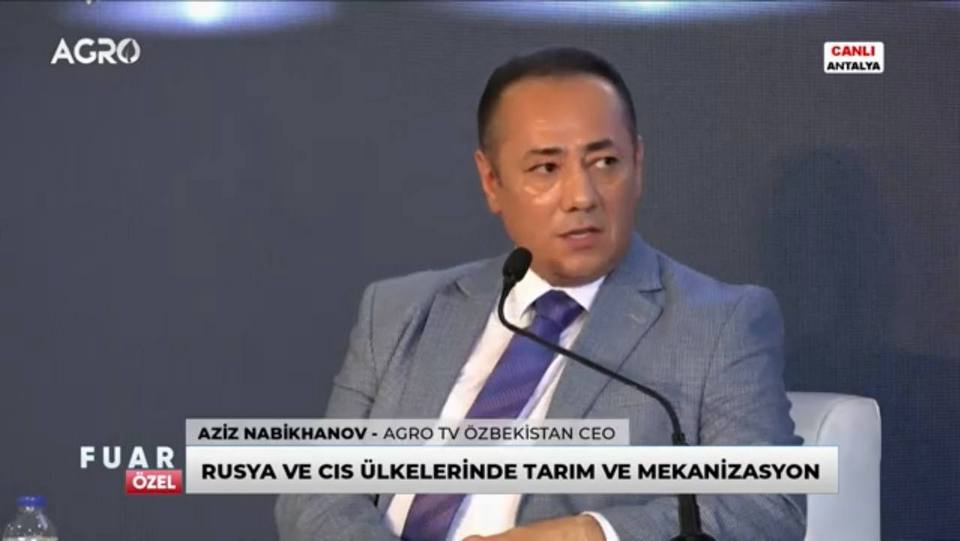
— How has your personal life evolved outside of your career?
I have a family, a wife, and children. My eldest son aspires to be a journalist or TV presenter. My childhood was spent in fields, while his is spent in TV studios. I believe children should choose their own paths, and I will always support them, regardless of their choices. I have a daughter and two sons, and I would be happy if any of them pursued my career path.
— How did you meet your wife and what does she do?
We met when she was a student at the pedagogical institute. There are many events in Uzbekistan, and we happened to meet and get to know each other.
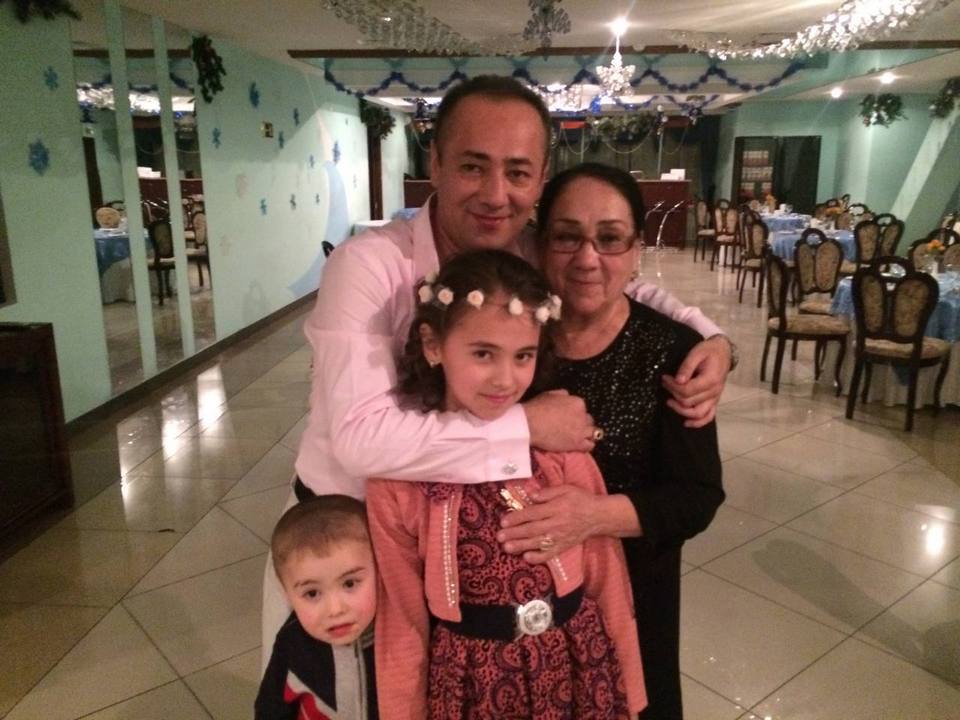
— Was it your decision or did your parents introduce you?
It was my decision. We met and talked. In the past, Uzbek traditions involved parents deciding marriages, but nowadays, young people are more independent and modernized, integrating traditions into contemporary life.


